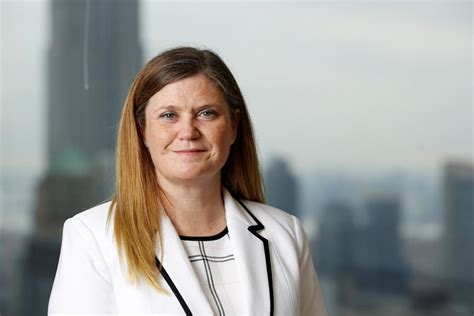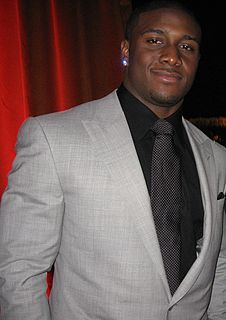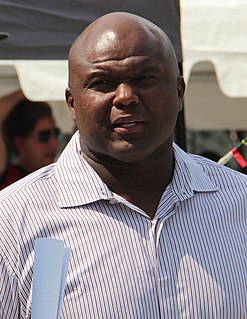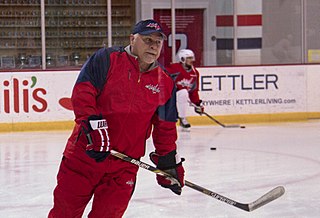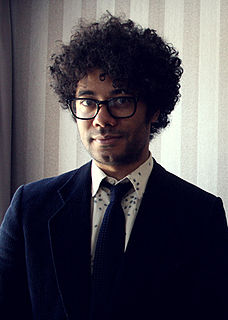A Quote by Cormac McCarthy
I don't know what of our culture is going to survive, or if we survive. If you look at the Greek plays, they're really good. And there's just a handful of them. Well, how good would they be if there were 2,500 of them? But that's the future looking back at us. Anything you can think of, there's going to be millions of them. Just the sheer number of things will devalue them. I don't care whether it's art, literature, poetry or drama, whatever. The sheer volume of it will wash it out. I mean, if you had thousands of Greek plays to read, would they be that good? I don't think so.
Quote Topics
Anything
Art
Back
Care
Culture
Devalue
Don't Care
Drama
Future
Going
Good
Greek
Had
Handful
How
I Don't Care
Just
Know
Literature
Look
Looking
Looking Back
Mean
Millions
Number
Our
Out
Plays
Poetry
Read
Really
Sheer
Survive
Them
Things
Think
Thousands
To Survive
Us
Volume
Wash
Well
Were
Whatever
Whether
Will
Would
Related Quotes
We no longer think of chairs as technology, we just think of them as chairs. But there was a time when we hadn't worked out how many legs chairs should have, how tall they should be, and they would often "crash" when we tried to use them. Before long, computers will be as trivial and plentiful as chairs and we will cease to be aware of the things. In fact I'm sure we will look back on this last decade and wonder how we could ever have mistaken what we were doing with them for "productivity"
I don't really look at other people's moves because, when I'm on the field, I'm not going to remember them. It's just something that has a lot to do with instinct and vision and all those running back aspects you have. You put them all into a basket, and you just use them on the field and go out there and make plays.
I always have to have sweet and salty. I know some of you are going to say, "Oh, I tried dates. I hate them." That's probably because you had the ones that were on the shelf for three years. Go to some healthy place and get the fresh ones, and you will just love them. You'll start eating them and think they're so good.
God will not turn away from doing you good. He will keep on doing good. He doesn't do good to His children sometimes and bad to them other times. He keeps on doing good and He never will stop doing good for ten thousand ages of ages. When things are going bad that does not mean God has stopped doing good. It means He is shifting things around to get them in place for more good, if you will go on loving Him.
I was really happy with Mike [Green]. Not only was he contributing offensively, but he was really making good plays, good decisions. Defensively, he was really strong. For a debut, I didn’t know how he would be just coming off a little bit of an injury. He was real strong. I’m glad he got through that. I think he’s looking forward to a good season now.
When I do plays in New York and do eight shows a week, you have the same feeling. Three of them are terrible, four of them are okay and one is really good. It's hard to say what accounts for the really good one or for the terrible ones, but you end up trying to remanufacture whatever worked for the good one, like eating a tomato. I ate a tomato and the show was good, but that of course is not how it works.
We buy things. We wear them or put them on our walls, or sit on them, but anyone who wants to can take them away from us. Or break them.
...
Long after he's dead, someone else will own those stupid little boxes, and then someone after him, just as someone owned them before he did. But no one ever thinks of that: objects survive us and go on living. It's stupid to believe we own them. And it's sinful for them to be so important.
Out of sheer stubbornness, I just would keep going - just hoping that at some point something would click. I certainly held onto the hope that it might. I had no guarantees, but I trusted that if I worked hard and put in the time, it would eventually reap a fruit. I just didn't know what that fruit was going to be or how big it was going to be.
So we [with Kate DiCamillo] would act them out, we would toss ideas back and forth, we would laugh, we would argue. Sometimes it went really well, sometimes it was such a pain in the ass. Our other rule was that we wouldn't work on it at all when we weren't in the other's presence. It was really hard not to do that. We'd start going on email back and forth, 'What do you think about this, what do you think about that?' But, no, no, no, it had to be live. So we forced ourselves not to look at it except during those two-hour stretches when we were actually with each other.




